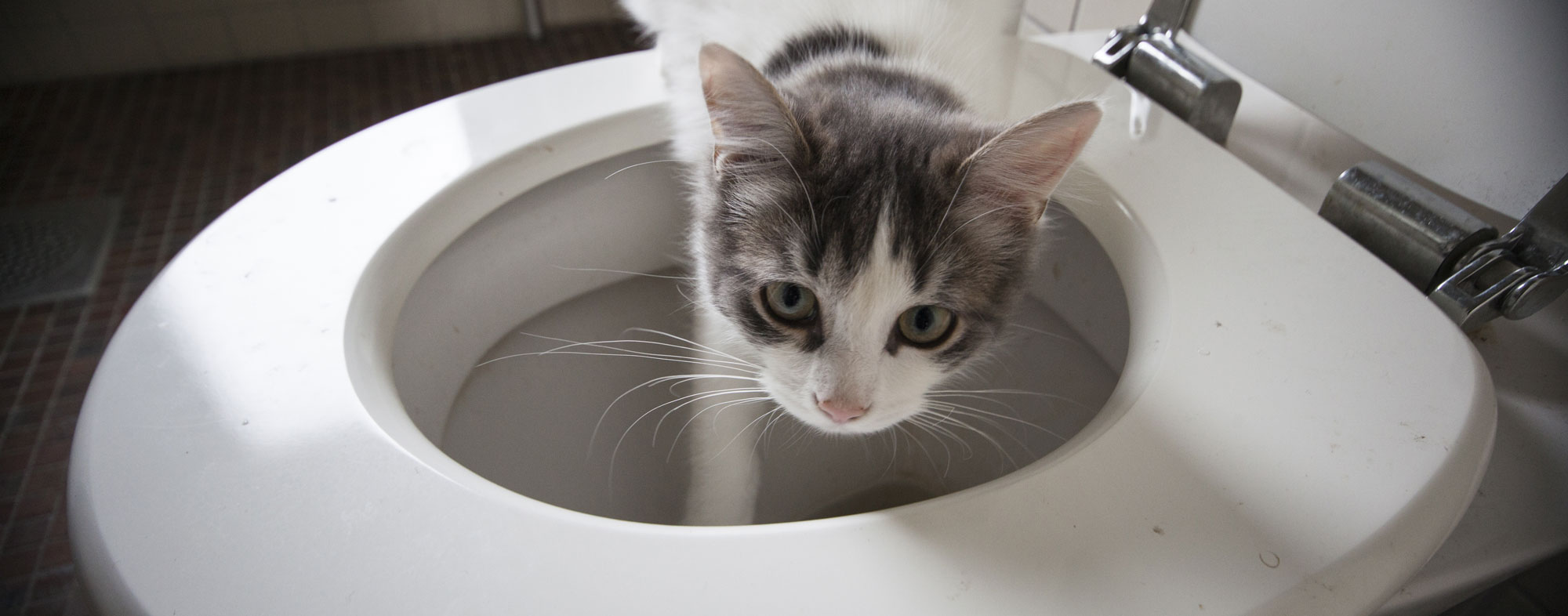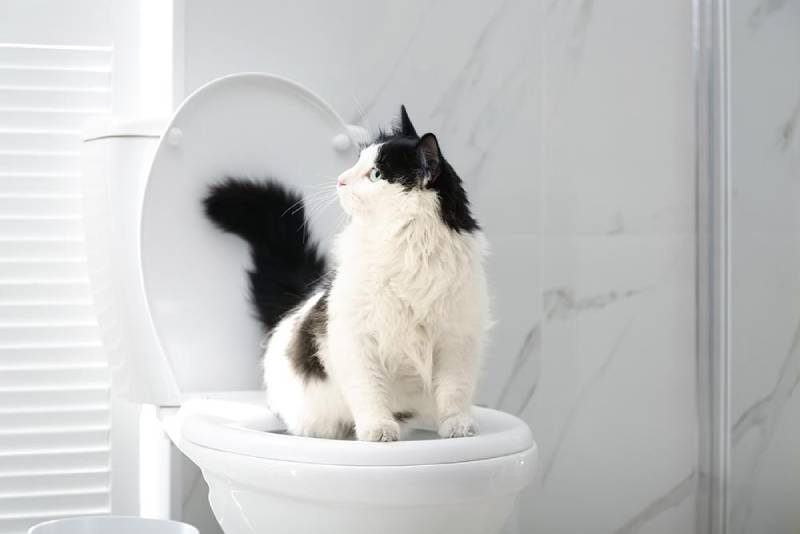Are you currently looking for content Can You Flush Cat Poop Down The Toilet??

Introduction
As cat owners, it's important to bear in mind just how we take care of our feline friends' waste. While it might appear hassle-free to flush cat poop down the toilet, this practice can have destructive effects for both the atmosphere and human health and wellness.
Alternatives to Flushing
Fortunately, there are more secure and a lot more accountable ways to take care of feline poop. Consider the adhering to options:
1. Scoop and Dispose in Trash
One of the most typical approach of taking care of feline poop is to scoop it right into a biodegradable bag and toss it in the garbage. Make sure to make use of a dedicated clutter scoop and take care of the waste quickly.
2. Usage Biodegradable Litter
Go with biodegradable feline litter made from materials such as corn or wheat. These trashes are eco-friendly and can be securely dealt with in the trash.
3. Hide in the Yard
If you have a yard, think about burying feline waste in an assigned location far from vegetable gardens and water sources. Be sure to dig deep enough to prevent contamination of groundwater.
4. Install a Pet Waste Disposal System
Buy a pet waste disposal system specifically developed for feline waste. These systems utilize enzymes to break down the waste, decreasing odor and environmental impact.
Health and wellness Risks
In addition to environmental issues, purging feline waste can additionally position health and wellness risks to human beings. Pet cat feces may contain Toxoplasma gondii, a bloodsucker that can trigger toxoplasmosis-- a potentially extreme health problem, particularly for expectant ladies and people with weakened immune systems.
Ecological Impact
Flushing pet cat poop introduces harmful microorganisms and parasites right into the supply of water, posturing a considerable threat to aquatic ecological communities. These contaminants can adversely impact aquatic life and concession water quality.
Conclusion
Accountable pet ownership prolongs past providing food and shelter-- it also includes correct waste management. By refraining from flushing cat poop down the toilet and choosing alternate disposal approaches, we can decrease our ecological impact and shield human wellness.
Why Can’t I Flush Cat Poop?
It Spreads a Parasite
Cats are frequently infected with a parasite called toxoplasma gondii. The parasite causes an infection called toxoplasmosis. It is usually harmless to cats. The parasite only uses cat poop as a host for its eggs. Otherwise, the cat’s immune system usually keeps the infection at low enough levels to maintain its own health. But it does not stop the develop of eggs. These eggs are tiny and surprisingly tough. They may survive for a year before they begin to grow. But that’s the problem.
Our wastewater system is not designed to deal with toxoplasmosis eggs. Instead, most eggs will flush from your toilet into sewers and wastewater management plants. After the sewage is treated for many other harmful things in it, it is typically released into local rivers, lakes, or oceans. Here, the toxoplasmosis eggs can find new hosts, including starfish, crabs, otters, and many other wildlife. For many, this is a significant risk to their health. Toxoplasmosis can also end up infecting water sources that are important for agriculture, which means our deer, pigs, and sheep can get infected too.
Is There Risk to Humans?
There can be a risk to human life from flushing cat poop down the toilet. If you do so, the parasites from your cat’s poop can end up in shellfish, game animals, or livestock. If this meat is then served raw or undercooked, the people who eat it can get sick.
In fact, according to the CDC, 40 million people in the United States are infected with toxoplasma gondii. They get it from exposure to infected seafood, or from some kind of cat poop contamination, like drinking from a stream that is contaminated or touching anything that has come into contact with cat poop. That includes just cleaning a cat litter box.
Most people who get infected with these parasites will not develop any symptoms. However, for pregnant women or for those with compromised immune systems, the parasite can cause severe health problems.
How to Handle Cat Poop
The best way to handle cat poop is actually to clean the box more often. The eggs that the parasite sheds will not become active until one to five days after the cat poops. That means that if you clean daily, you’re much less likely to come into direct contact with infectious eggs.
That said, always dispose of cat poop in the garbage and not down the toilet. Wash your hands before and after you clean the litter box, and bring the bag of poop right outside to your garbage bins.
https://trenchlesssolutionsusa.com/why-cant-i-flush-cat-poop/

Hopefully you enjoyed reading our part about Can You Flush Cat Poo or Litter Down the Toilet?. Thanks for taking time to browse our article post. Make sure you set aside a second to promote this post if you enjoyed reading it. Kudos for your time. Visit us again soon.
Apply Now